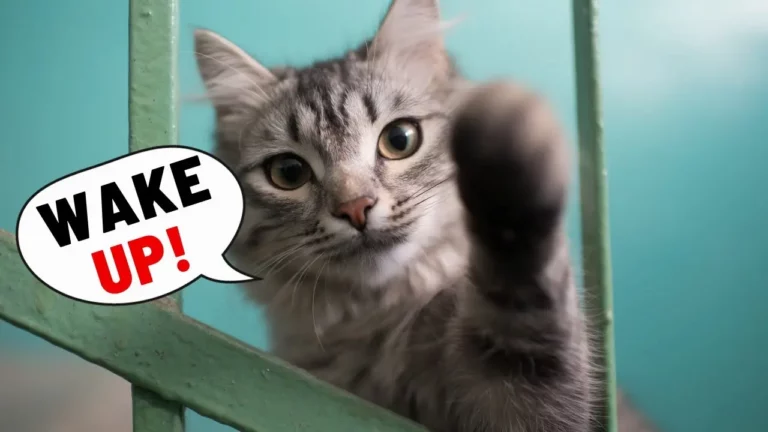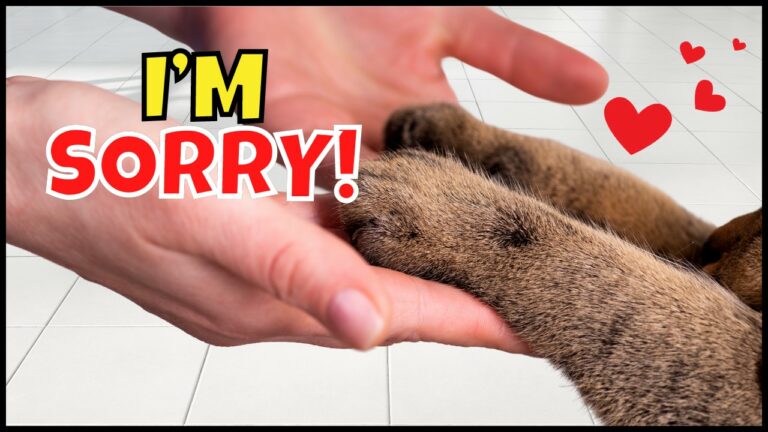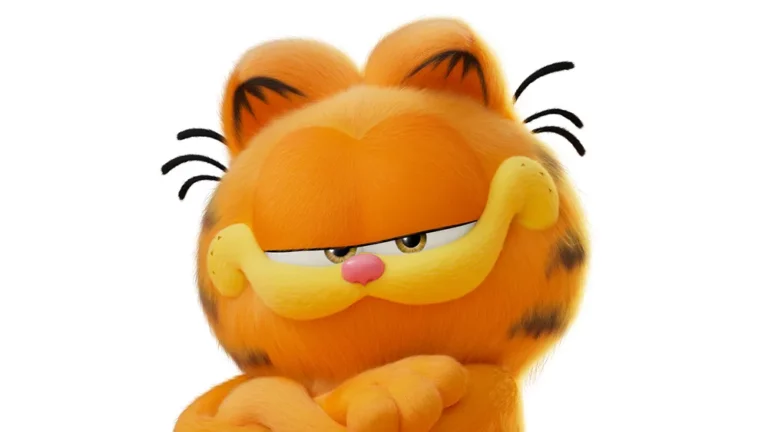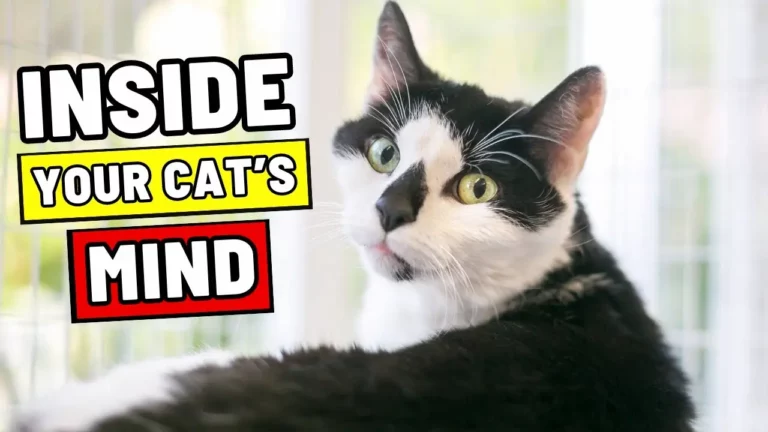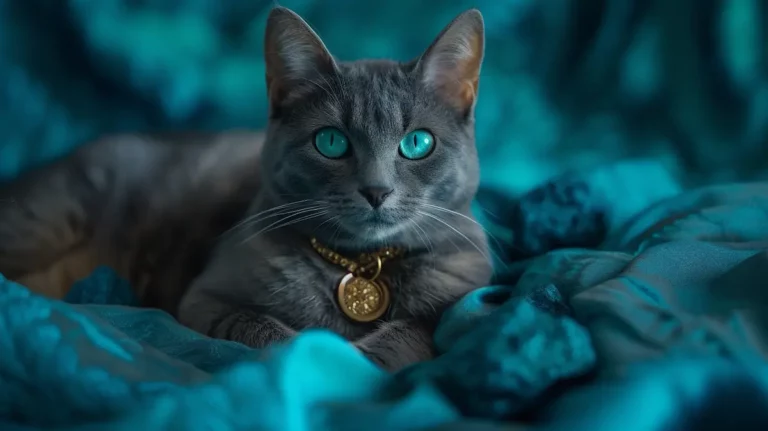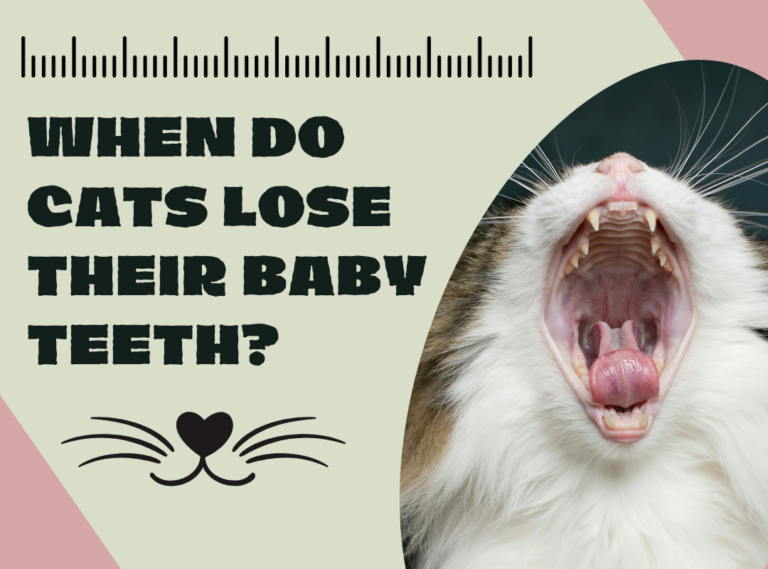This Is Why Your Cat Freaks Out When You Say “Pspspsps”!
Ever wondered why your
This quirky behavior has puzzled
The Science Behind Cat Sounds
When we make the “pspspsps” sound, we’re actually mimicking some of the high-frequency noises cats use during their own communication.
Cats communicate through a variety of vocalizations, body language, and even scent markings.
The “pspspsps” sound falls into the category of high-pitched sounds that cats associate with certain environmental cues or other animals.
In my experience, many cats react because this sound resembles those they might hear in nature.
High-frequency sounds can evoke curiosity or alertness in a
These sounds often signal something interesting or worth investigating.
How Cats Perceive Human Speech
Cats perceive human speech differently than we do.
They don’t understand words the way dogs might, but they’re incredibly attuned to tone and pitch.
When you say “pspspsps,” it’s not the meaning that catches their attention; it’s the auditory pattern.
I’ve noticed that cats are more responsive to higher pitches and repetitive sounds.
This could be why they seem indifferent when you call them by name in a monotone voice but come running when you use a playful tone or make an intriguing noise like “pspspsps.”
Interestingly, while they don’t grasp individual words, cats can learn to associate certain tones and patterns with specific actions or outcomes over time.
For example, if every time you say “treat†in a high-pitched voice you give them a snack, they’ll start associating that sound pattern with food.
What Makes This Sound Appealing?
First off, cats have an acute sense of hearing, especially for high-frequency sounds.
The “psp psp psp” noise sits in that sweet spot, mimicking the frequencies they naturally tune into. Those tiny hairs inside their ears pick up these frequencies with impressive sensitivity.
And oh boy, do they respond!
In my experience as a vet, I’ve seen cats react to this sound almost instantly.
They swivel their heads, perk up their ears, and often come running.
Why?
Because it resembles certain sounds they hear from prey or other cats.
You see—cats communicate through a variety of vocalizations and body language cues; this particular sound matches tones they’re wired to notice.
Comparison With Other Common Cat Calls
But hold on—how does “psp psp psp” stack up against other calls? Let’s break it down:
- Meowing: Cats mainly meow at humans, not each other. It’s a learned behavior shaped by domestication.
- Clicking Sounds: Some people use tongue-clicks to call cats. These can work but don’t hit the same high frequencies as “psp psp psp.”
- Whistling: Often ignored by cats unless it’s close in pitch to their natural hearing range.
I’ve tried many sounds over the years when handling different felines at my clinic or during house calls.
While some cats might respond to clicks or whistles, none seem as universally effective as our good old “psp psp psp.” It’s like an auditory magnet for them.
Behavioral Responses to “Psp Psp Psp”
Ever noticed how cats perk right up when you make that “pspspsps” sound? It’s like magic! As a vet, I’ve seen countless cats react to this noise, and it’s fascinating every time.
Immediate Reactions from Cats
When cats hear “pspspsps”, their immediate reactions are often quite dramatic.
You’ll likely see them swivel their heads or flick their ears toward the sound.
These behaviors are instinctual responses rooted in survival mechanisms. Their keen hearing helps them detect potential prey or threats, so they’re hardwired to pay attention to high-frequency noises.
In my experience, most cats will also move closer out of curiosity.
For instance, if you’re trying to get your
Also, some cats may start purring or rubbing against you once they approach, signaling they feel safe and interested in interaction.
Long-term Effects on Cat Behavior
Using “pspspsps” over time can create certain behavioral patterns in your
They may start associating this sound with positive experiences like playtime or feeding.
So, they’ll be more responsive whenever they hear it. Consistency is key here; if you frequently use this call before offering treats or initiating play sessions, your
But, moderation matters too. Overuse might lead to desensitization where the
It’s similar to crying wolf; if there’s no rewarding outcome after hearing “pspsps”, they might stop responding with enthusiasm.
Cultural Impact of Cat Calling
Cat calling, specifically with “pspspsps,” has an interesting cultural footprint.
Almost every
“Psp Psp Psp” in Different Cultures
The universal sound of “pspspsps” transcends borders. In my practice, I’ve seen clients from diverse backgrounds use the same sound to call their cats.
In Japan, where cats are beloved and feature prominently in folklore, people often use high-pitched sounds similar to “pspspsps.”
Likewise, in France and Italy,
These similarities aren’t coincidental. Cats everywhere react to higher frequencies due to their sensitive hearing.
So regardless of language or culture, the principle remains: imitate something that grabs a feline’s attention.
Memes and Social Media Influence
Social media platforms have amplified the cultural phenomenon of
Just search for #catcalling or #catsounds on Instagram or TikTok; you’ll find countless clips of cats reacting comically to this noise.
Memes spread these behaviors across continents, making them part of global online culture.
I’ve noticed that younger pet parents often learn about these tricks from social networks rather than traditional sources like books or vets.
So there you have it—a brief jump into how calling your
Whether through ancient traditions or modern memes, it’s clear that the simple act of saying “pspsps†connects us all, one
Conclusion
It’s fascinating how a simple sound like “pspspsps” can have such a profound effect on our cats.
Whether it’s their innate survival instincts or the global meme culture, one thing’s for sure: cats are endlessly intriguing.
Next time you say “pspspsps” and your

